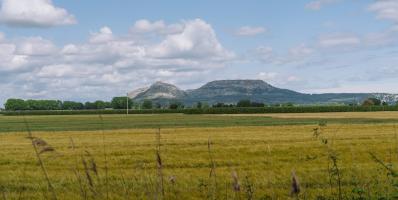The "Soil Protection" group, a Research Group of the Government of Catalonia with file number 2021 SGR 01038, is composed of 11 members, of which 8 are Ph.D. holders specialized in Soil Science, Biology, Environmental Sciences, and Geology. Our research is focused on the study and conservation of soil, as well as its environmental and social functions. The members belong to CREAF, the Autonomous University of Barcelona, the University of Barcelona, and the Cartographic and Geological Institute of Catalonia.
As a group, we combine basic and applied research, which materializes in the form of competitive state and European research projects and research contracts with public and private institutions. Our activity can be grouped into five research objectives:
1) The study of soil as a living natural system, soil formation processes, its taxonomic classification, and the assessment of its quality for subsequent evaluation of its land-use suitability, mapping, territorial planning, and knowledge of local soil heritage. We also study the soil-microorganism-plant system in an integrated way and in response to disturbances, including climate change.
Leaders: Xavier Domene, Sara Marañón, Matias Pons, Vicenç Carabassa, Andrea Vidal.
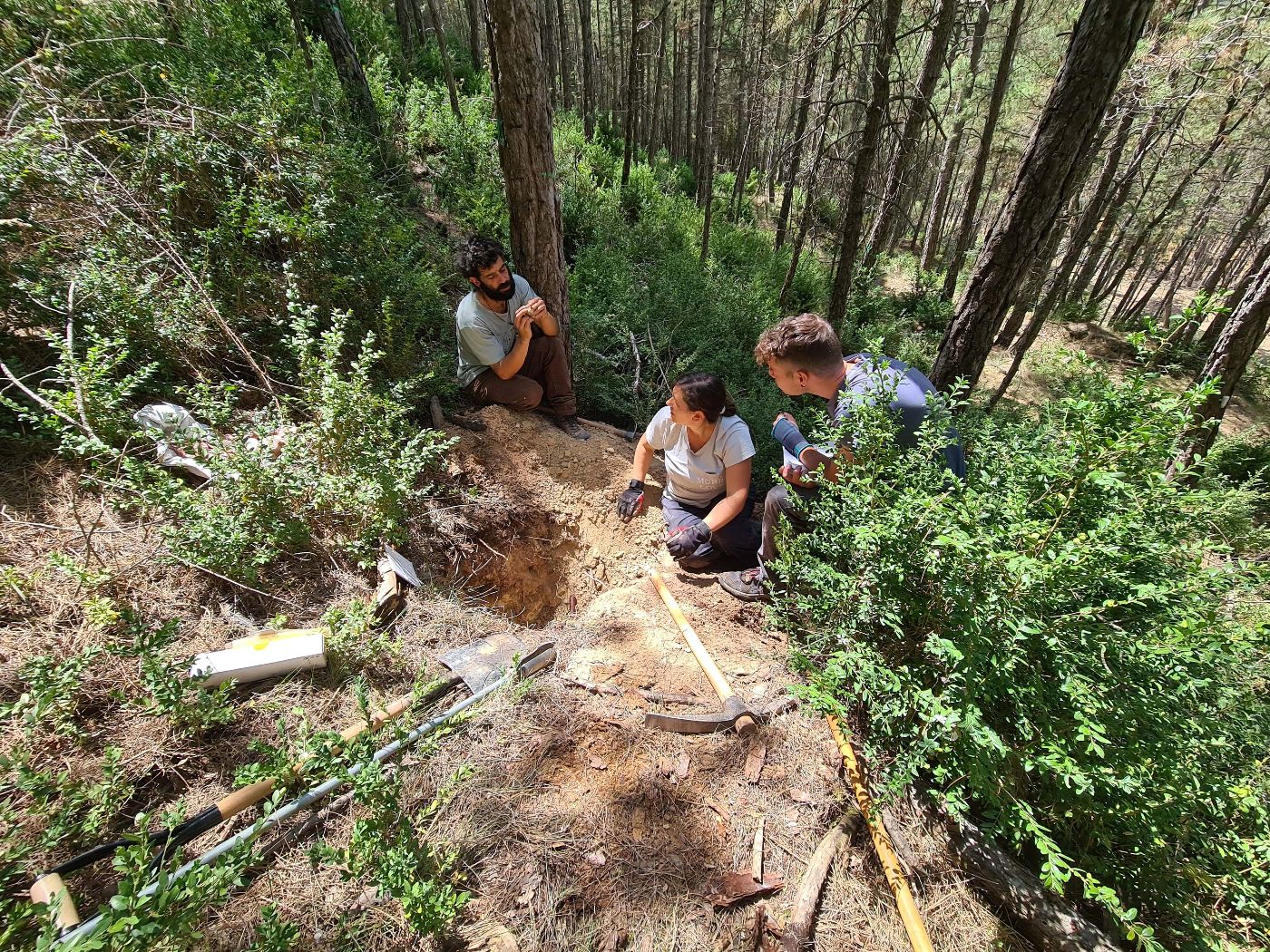
Figure 1.1. Description of a soil profile in Llobera (Solsonès).
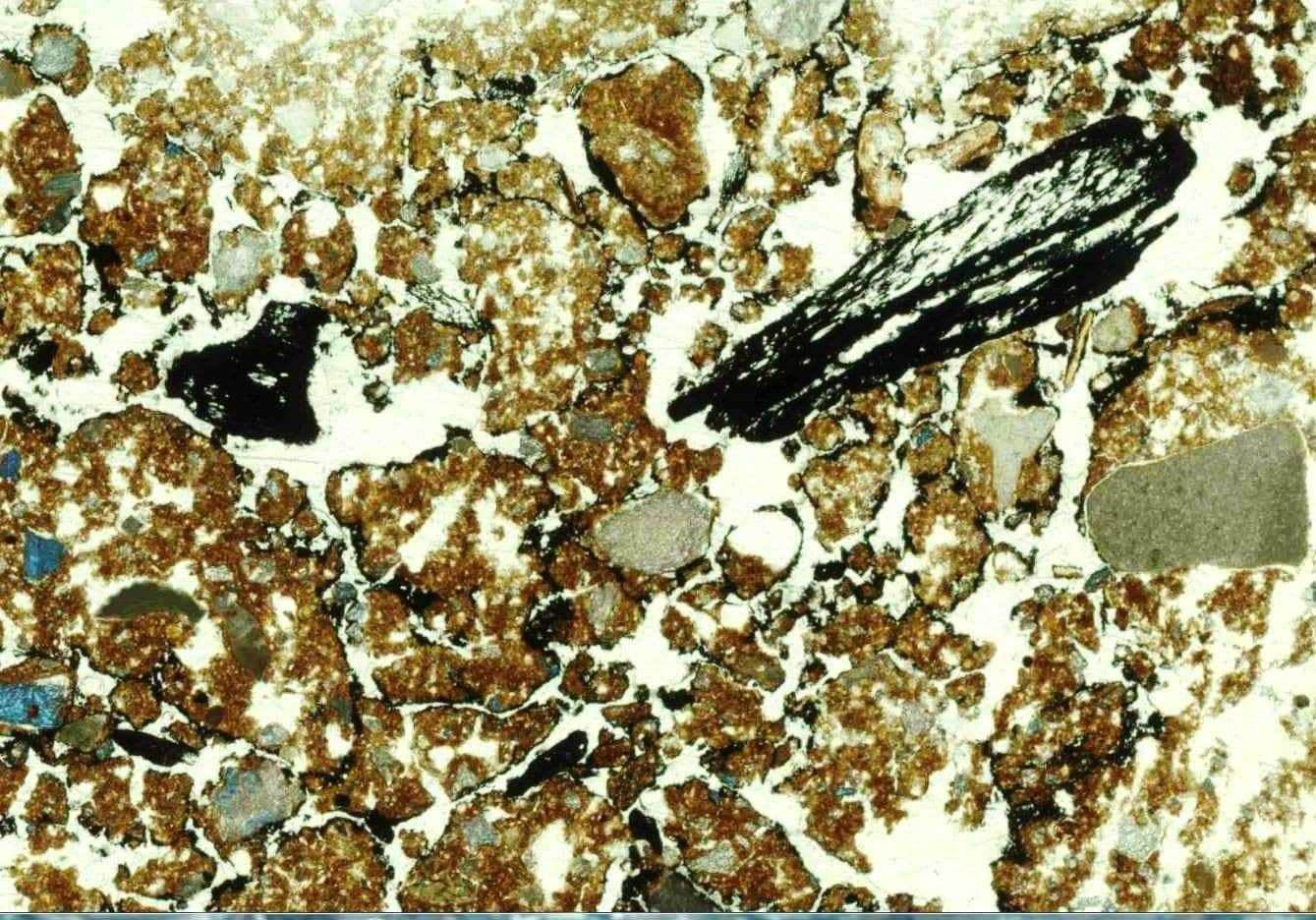
Figure 1.2. Thin section of a sample of a Fluvisol (Caldes de Montbui) amended with pyrolyzed pine wood (biochar).
2) The improvement of soil ecosystem services, with special emphasis on its role in climate regulation but also as a basis for food security and human well-being...
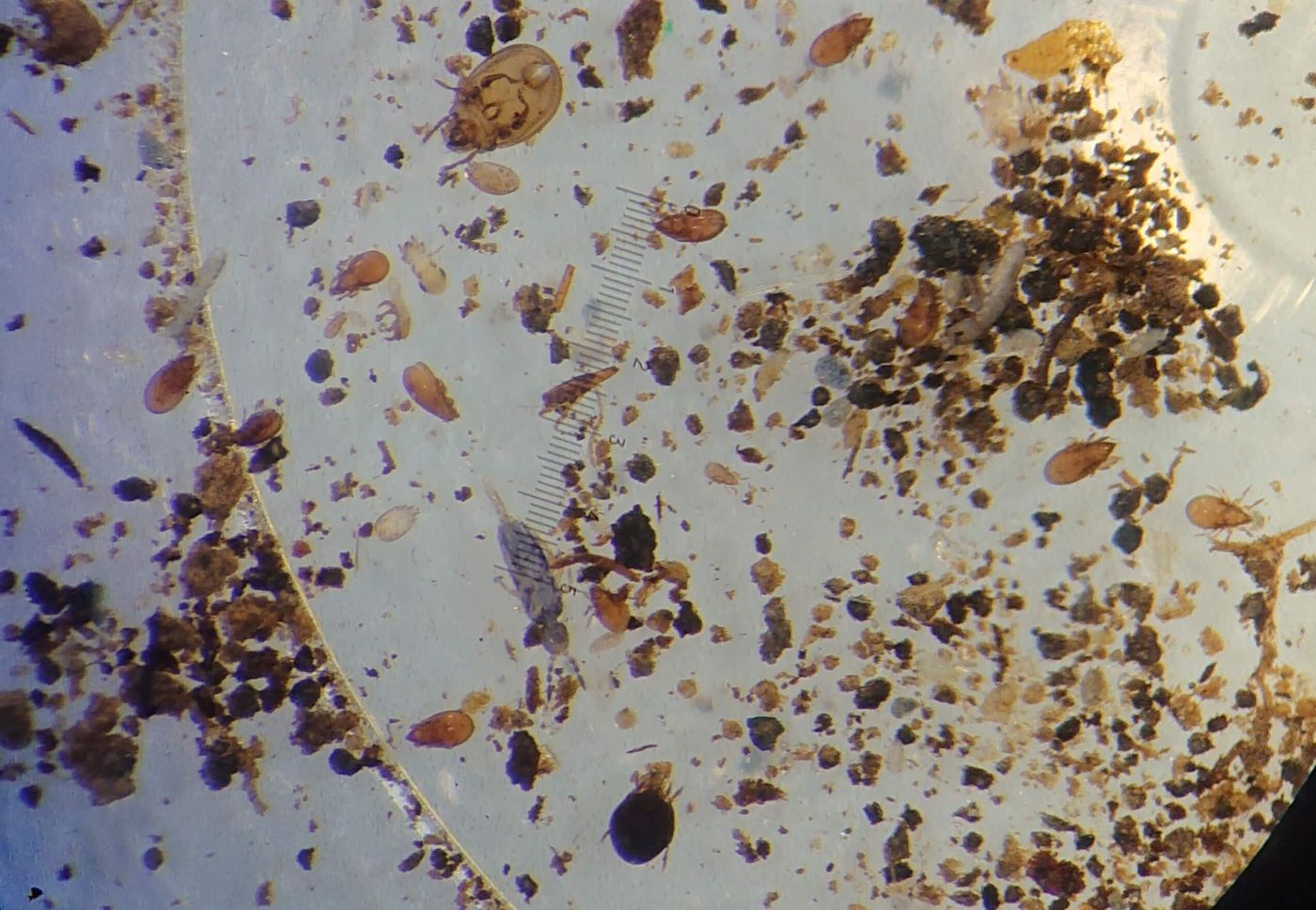
Figure 2.1. Magnified view of soil microarthropods.
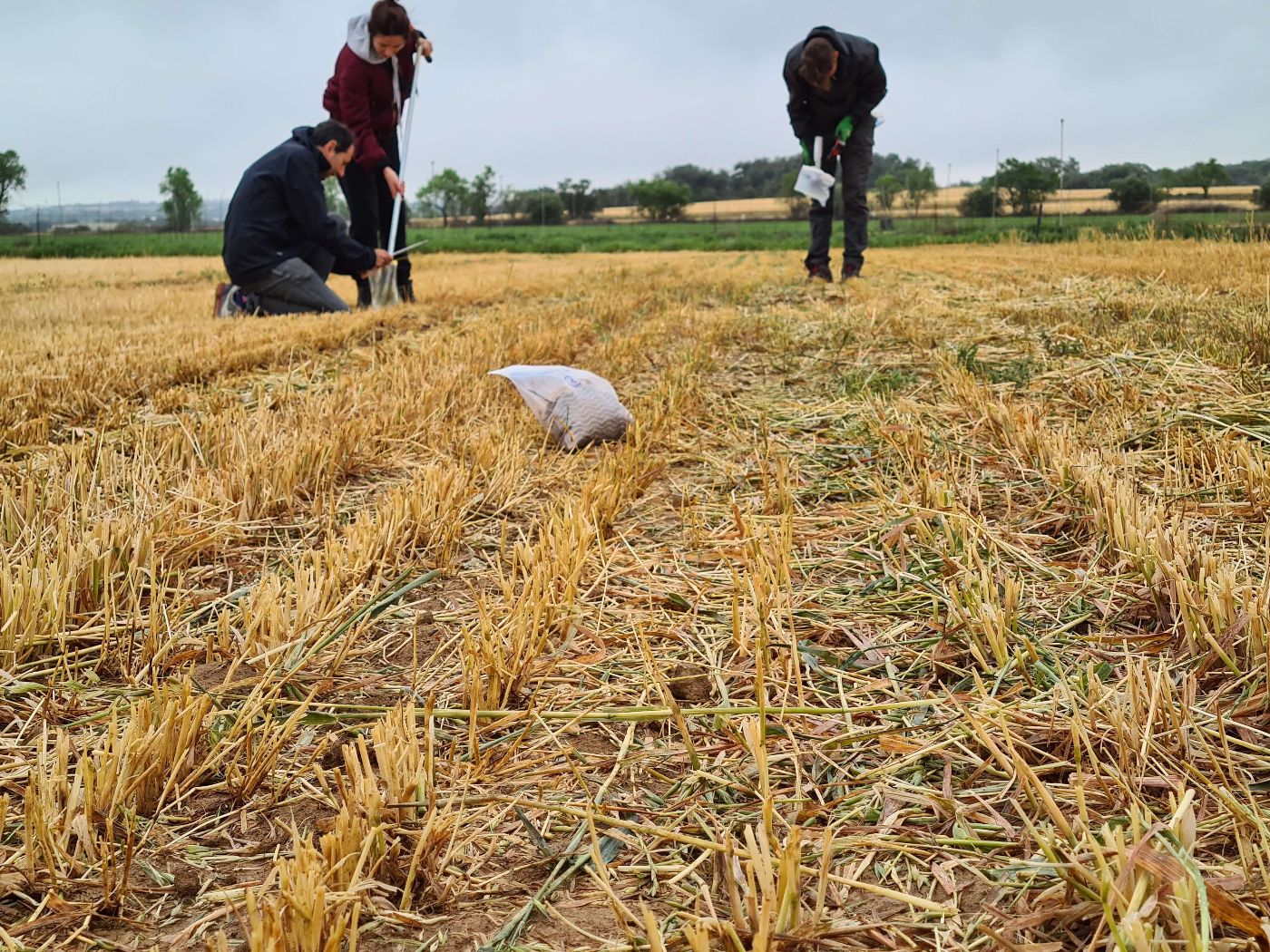
Figure 2.2. Soil sampling in a barley field with direct seeding in Agramunt.
3) The prevention, mitigation, and reversal (rehabilitation) of soil degradation as a result of contamination, agricultural activities, mining, road infrastructure, or wildfires.
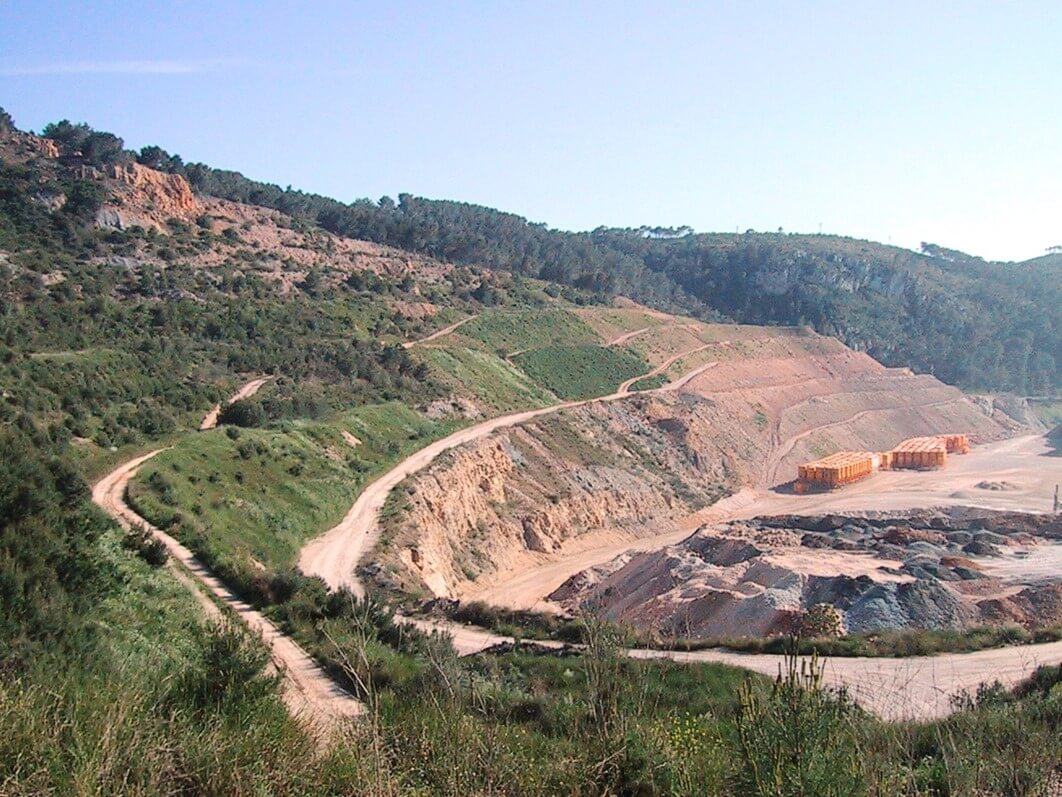
Figure 3.1. Extractive activity restored using technosols and revegetation techniques.
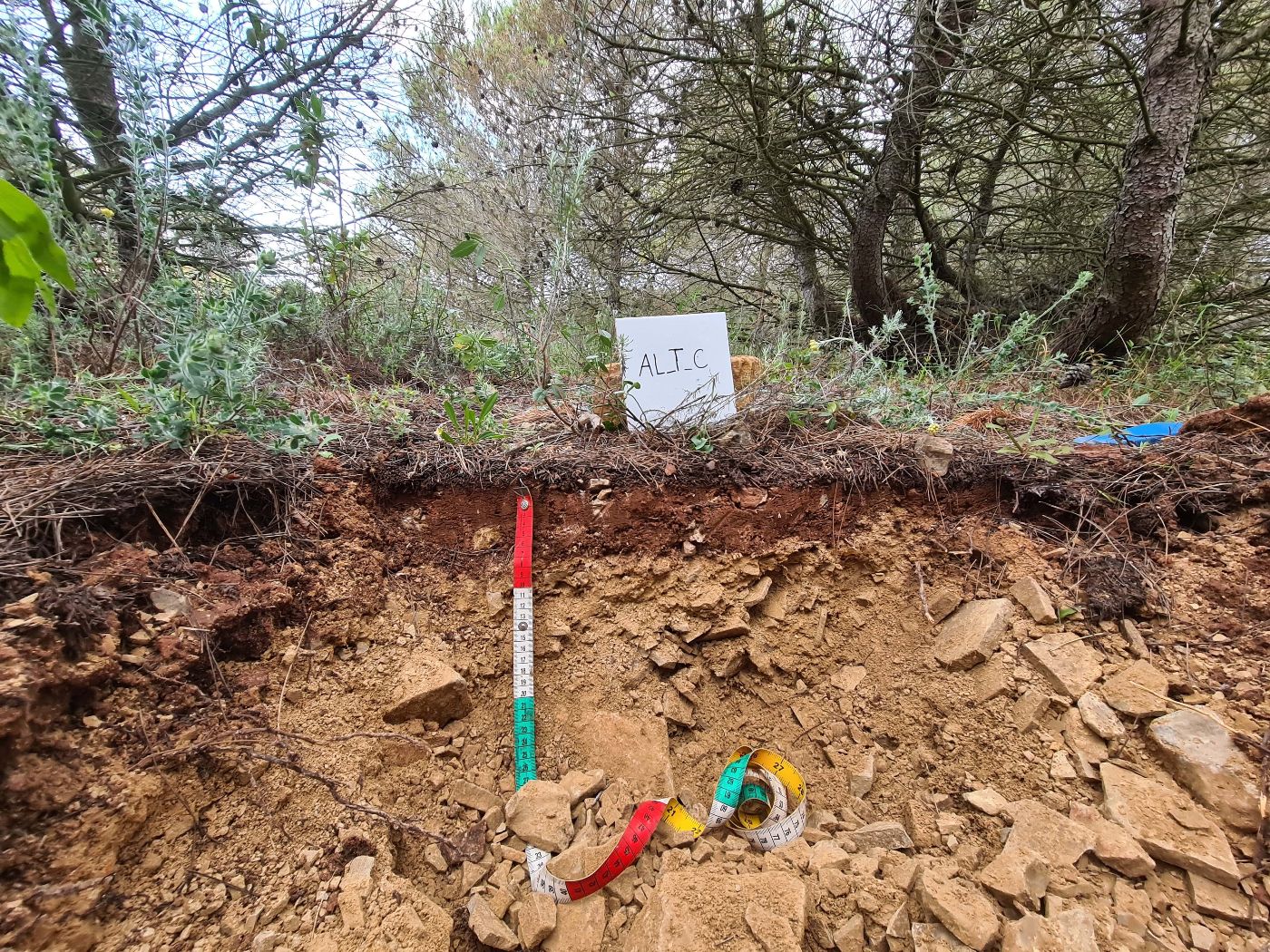
Figure 3.2. Technosol after 25 years in Mont-Ral (Alt Camp).
4) The remediation of contaminated soils and the study of the ecotoxicity of contaminants or residues.
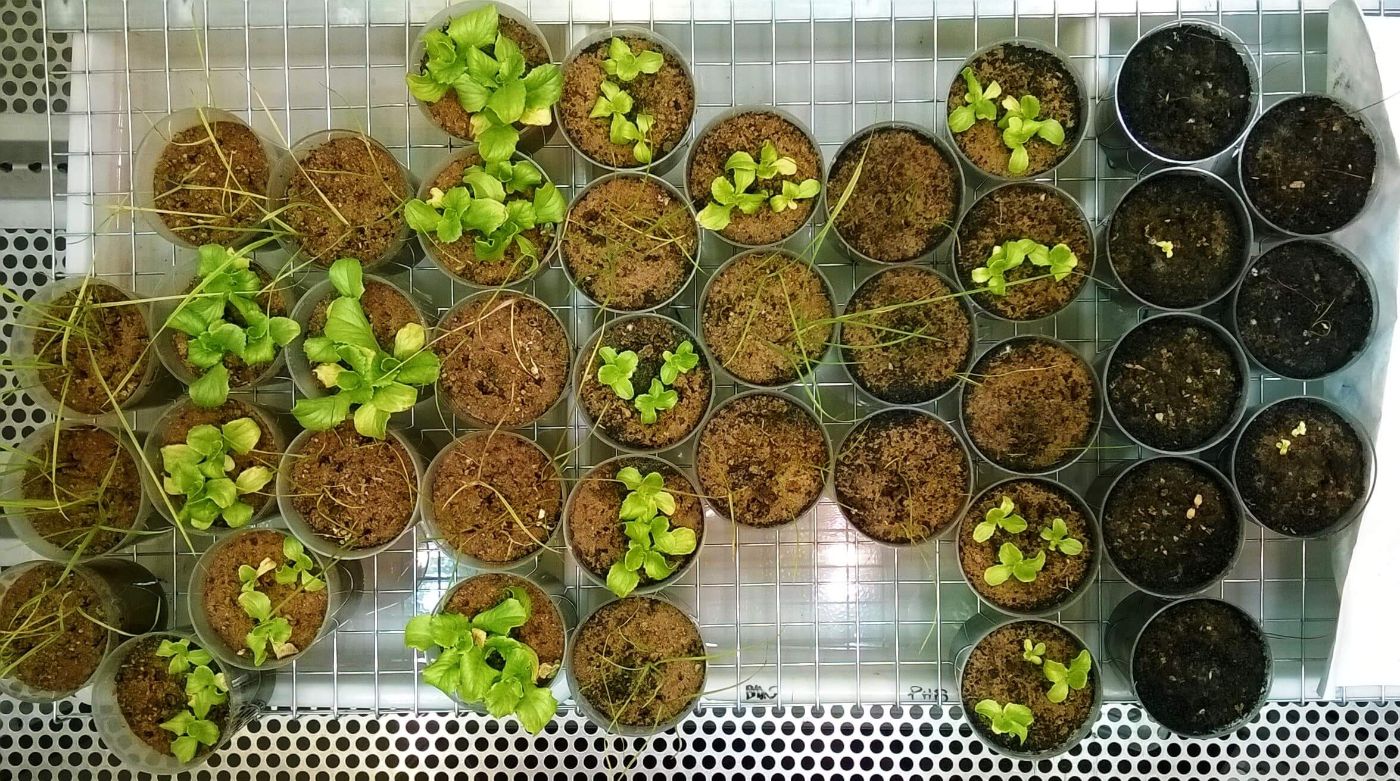
Figure 4.1. Plant-based ecotoxicological assay to determine the toxicity of biochar.
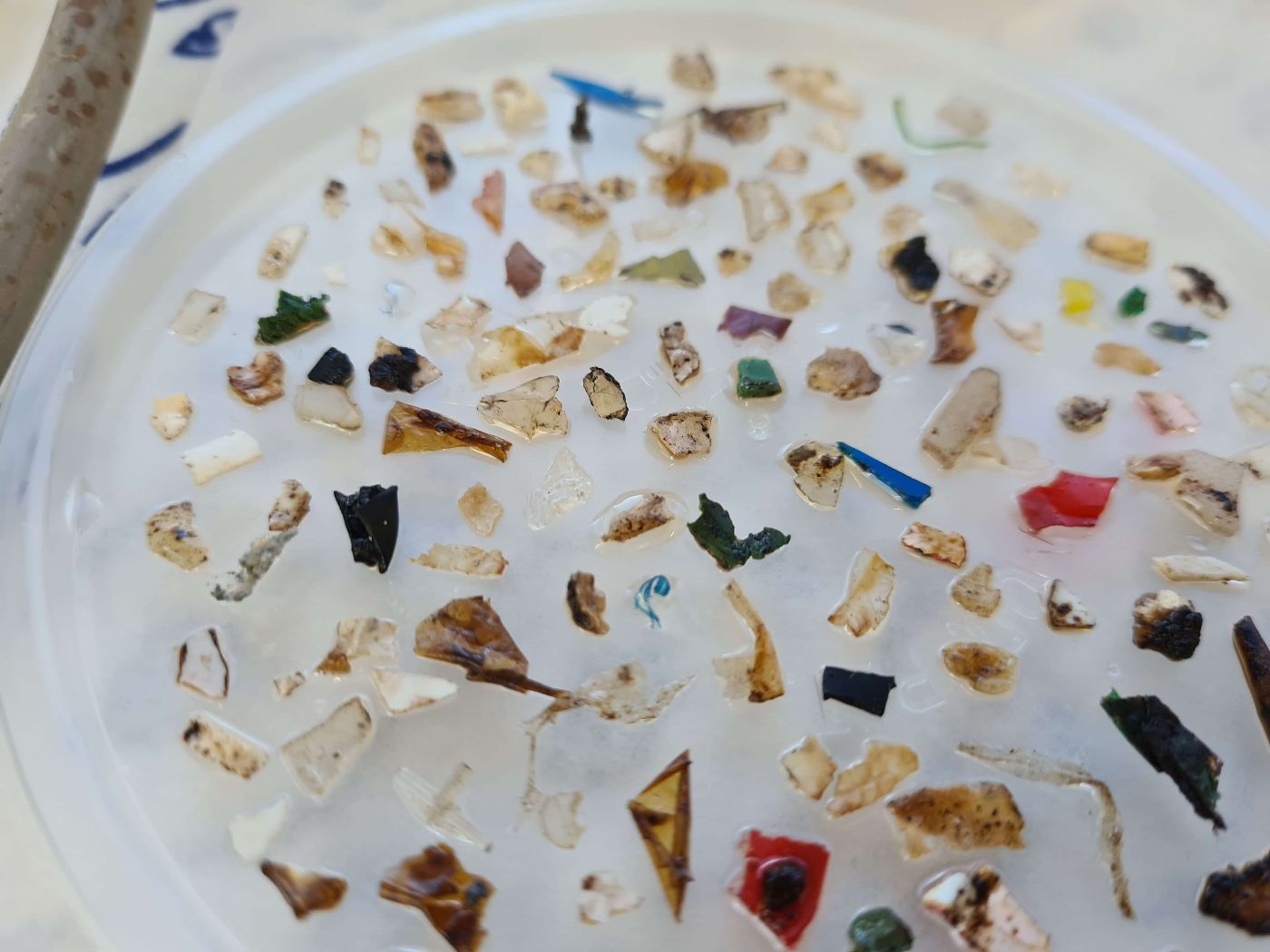
Figure 4.2. Macroplastics present in urban composts.
5) Communication, dissemination, and awareness of the importance of soils.
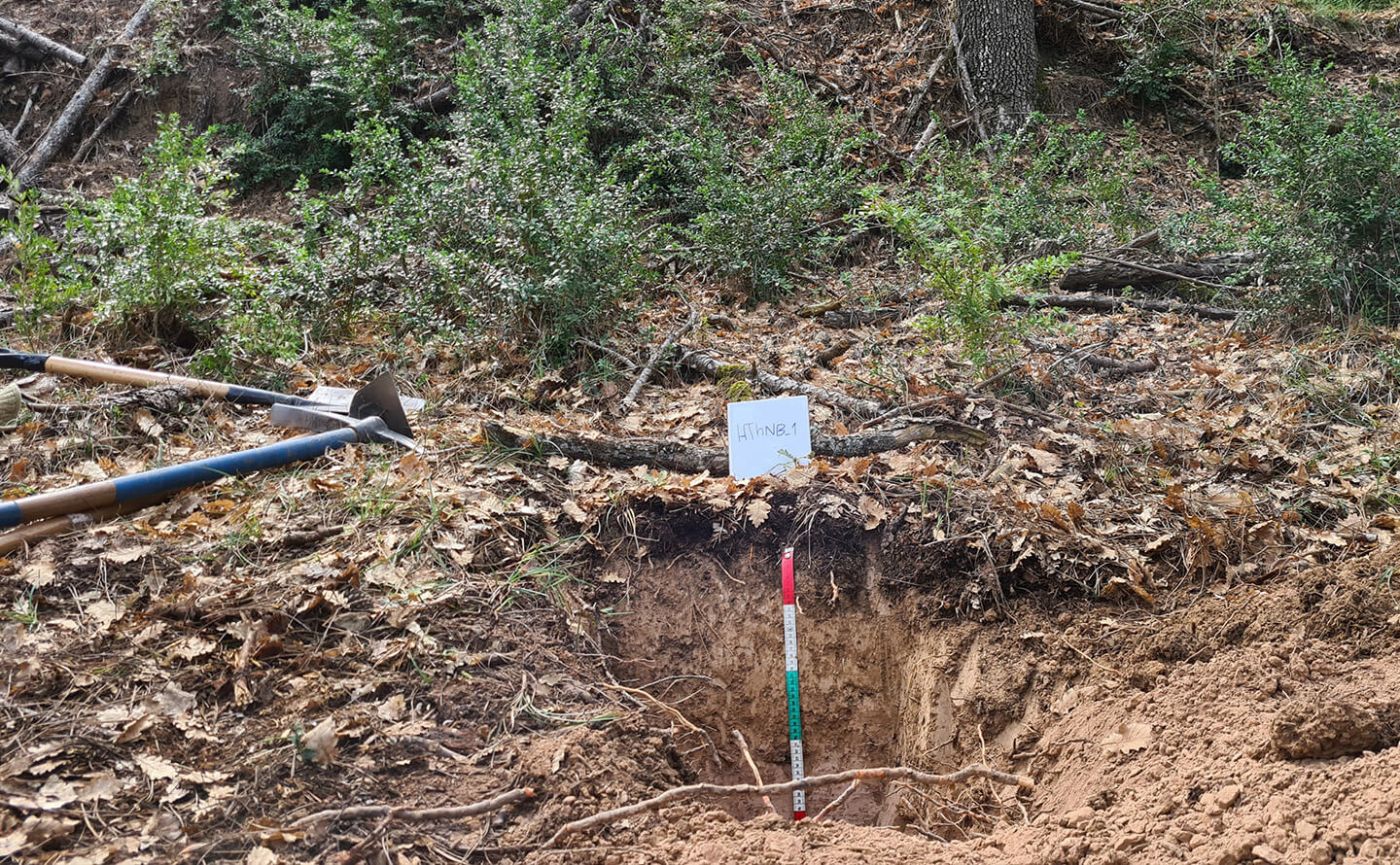
Figure 5. Graphical representation of the importance of soil.





















